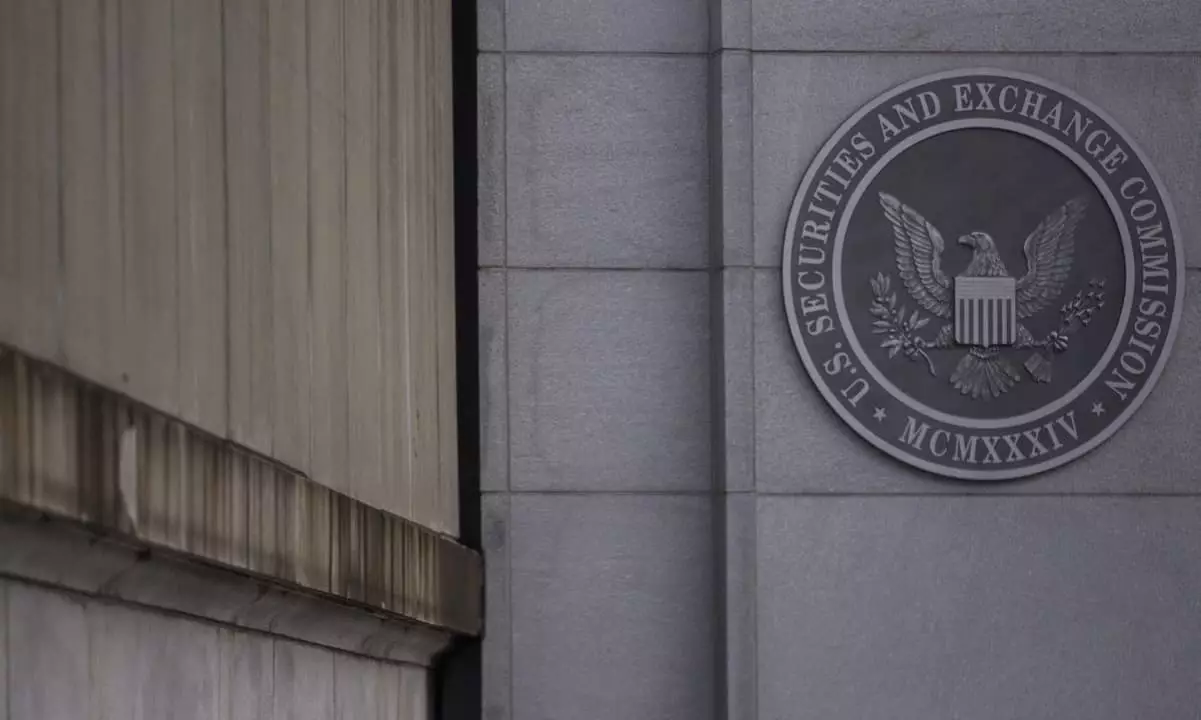In a surprising move, Gurbir Grewal, the U.S. Securities and Exchange Commission’s (SEC) Director of Enforcement, announced his resignation effective October 11, 2024. This decision comes at a crucial juncture for the SEC, particularly as it seeks to appeal a landmark ruling in its case against the cryptocurrency firm Ripple. Such timing raises questions within both legal and financial communities, signaling potential shifts in the regulatory landscape that could affect not only Ripple but the broader cryptocurrency sector as well.
The SEC’s ongoing battle against Ripple has drawn significant scrutiny and criticism. Following Grewal’s announcement, it became apparent that the SEC is moving forward with its appeal; however, key details regarding specific issues under contention remain hazy. Legal analysts have suggested that the SEC might challenge the court’s rulings on Ripple’s programmatic sales of its XRP token and the financial penalties imposed on the company for breaches related to institutional sales. The ambiguity surrounding the appeal’s focus raises concerns regarding the SEC’s strategic direction.
While the SEC’s Chair, Gary Gensler, praised Grewal as an “accomplished public servant,” the context of his departure has fueled speculation. Notably, prominent legal figures like attorney Jake Chervinsky have criticized the timing, perceiving it as indicative of deeper issues within the Commission’s approach to cryptocurrency regulation. Such perspectives illustrate a growing unease among legal experts concerning the SEC’s strategy in navigating the complexities of digital asset oversight.
Grewal’s abrupt resignation, only hours prior to the SEC’s notice of appeal, has elicited alarm from various quarters of the legal field. Critics, including attorney Jeremy Hogan, have characterized the SEC’s decision to appeal as a “big mistake,” pointing to statistical likelihoods that suggest the SEC may face an uphill battle in court. Hogan’s analysis reveals that the factual basis established in Judge Torres’ initial ruling could pave the way for the SEC’s defeat, rendering the attempt to escalate the matter fraught with complications.
Adding to the discourse is the potential for Ripple to invoke “Blue Sky” law defenses—state-level laws regulating securities that could undermine federal regulatory authority. Should Ripple succeed in its defense, the ramifications could significantly alter the SEC’s reach within the cryptocurrency sector, demonstrating that the stakes are high not just for Ripple, but potentially for the SEC’s regulatory grasp over the entire industry.
The SEC is now in a phase of transition, with Sanjay Wadhwa stepping in as interim Director. In a landscape marked by rapid technological advancements and shifting regulatory expectations, questions loom regarding whether Wadhwa can execute the rigorous enforcement necessary to navigate these evolving complexities. The changing leadership dynamics may influence how the SEC approaches ongoing and future cases, particularly as they relate to digital assets.
As the cryptocurrency market remains under intense scrutiny, the implications of Grewal’s departure could extend far beyond the current controversies. The SEC’s strategy in the impending appeal and future regulatory activities will be closely observed, making it imperative for industry stakeholders to remain vigilant as this situation develops. The ramifications of these decisions may set precedents that chart the course for cryptocurrency regulation in the years to come.

